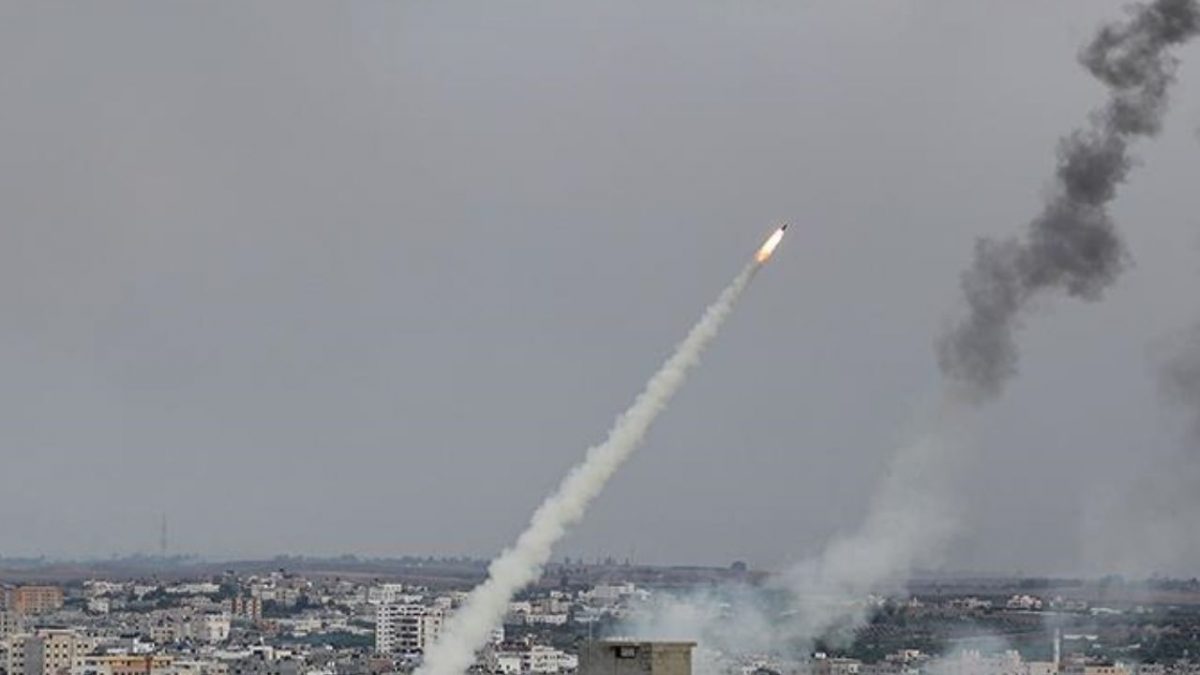Palestinian militant group Hamas on Thursday (March 20) launched rocket attack at central Israel, in what seems to be the group’s first response to the recent offensive launched by the Israeli Defense Forces (IDF).
Hamas’s military wing Al-Qassam Brigades claimed responsibility for the attack. In a statement, it said it bombed Tel Aviv with a barrage of M90 rockets, in response to “the Zionist massacres against civilians.”
“The IAF successfully intercepted one projectile and two additional projectiles fell in an open area,” the Israeli military said in a statement.
A spokesman for Israeli police said the attack caused no casualties and they were sweeping the area for additional shrapnel that may have landed nearby.
Israeli forces resumed their military operation in Gaza this week, following a two-month ceasefire that collapsed after negotiations between Israel and Hamas didn’t yield any result. Hamas’s health ministry said Israeli attacks on Tuesday alone killed more than 400 people.
Israel regains control of Netzarim Corridor
Israel has regained control of the Netzarim Corridor, a key strip of land that divides Gaza into two parts. This move isolates northern Gaza and Gaza City from the south, making movement even harder for civilians.
With no signs of de-escalation, concerns are rising that the conflict will intensify, leading to more casualties on both sides.
In a warning to Israel PM Benjamin Netanyahu, Hamas said his actions were putting hostages “at risk of an unknown fate.”
The IDF’s operation against Hamas resumes in the wake of US military strikes in Yemen, targeting Iranian-backed Houthi rebels. On Wednesday, Houthis launched a ballistic missile at Israel amid a series of attacks by the US military. This was the second such attack by the Houthis since the ceasefire between Hamas and Israel collapsed.
Is Israel responsible for fresh escalation?
Leading Israeli defence analysts have admitted that Israel violated the ceasefire agreement, which was brokered just days ahead of the inauguration of US President Donald Trump’s presidency.
The deal stipulated that both sides would enter negotiations for a permanent end to the war after 16 days. However, Israel refused to proceed with the talks while Hamas remained in control of Gaza.
Impact Shorts
More ShortsAs the ceasefire stalled, Hamas used the pause in fighting to regroup. Aid supplies surged into Gaza, and Hamas leaders emerged from hiding to re-establish their presence in the territory.
The resumption of hostilities has exacerbated an already dire humanitarian crisis in Gaza. The Civil Defense has warned of an impending famine due to Israel’s continued blockade of humanitarian aid.
(With inputs from agencies)
)